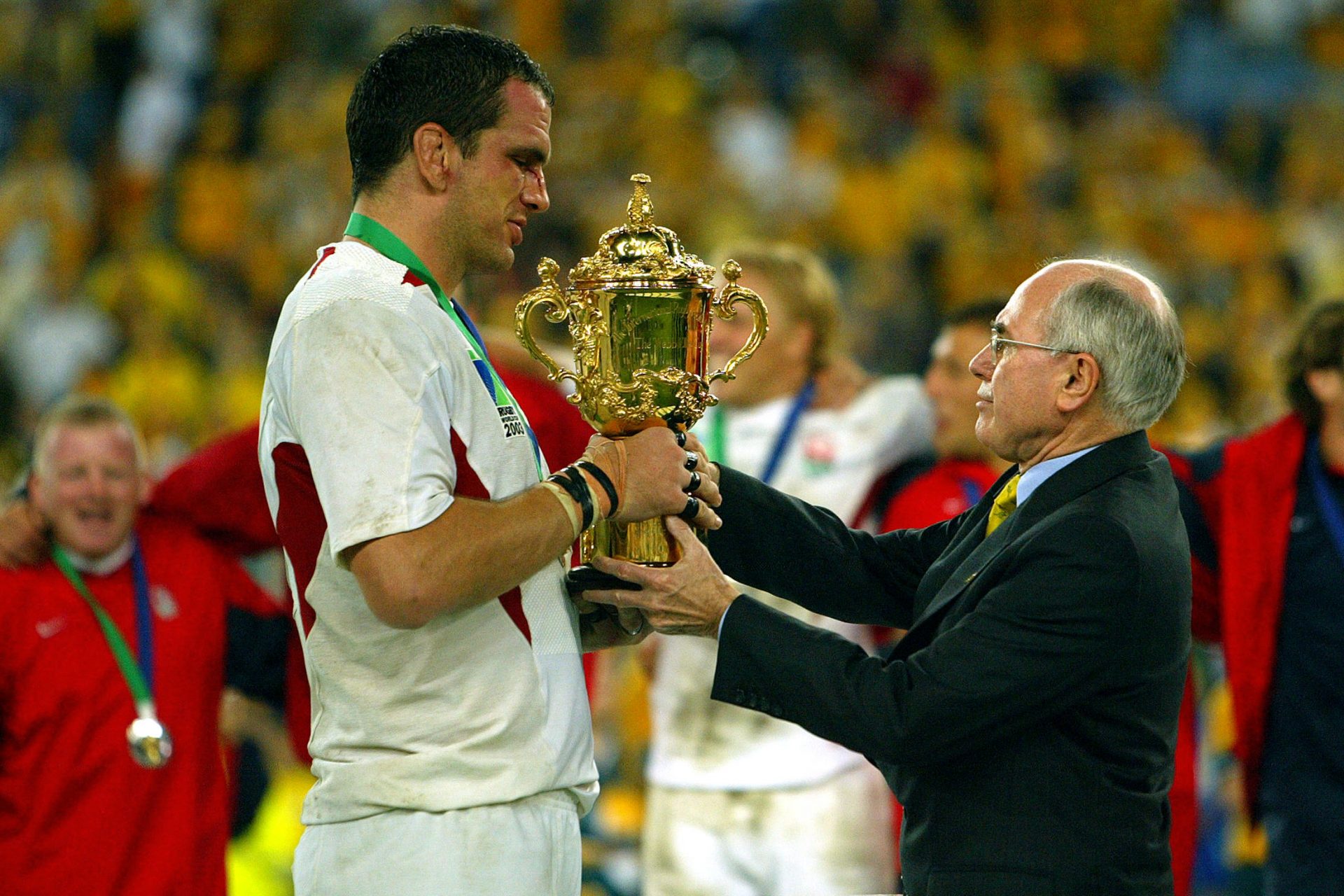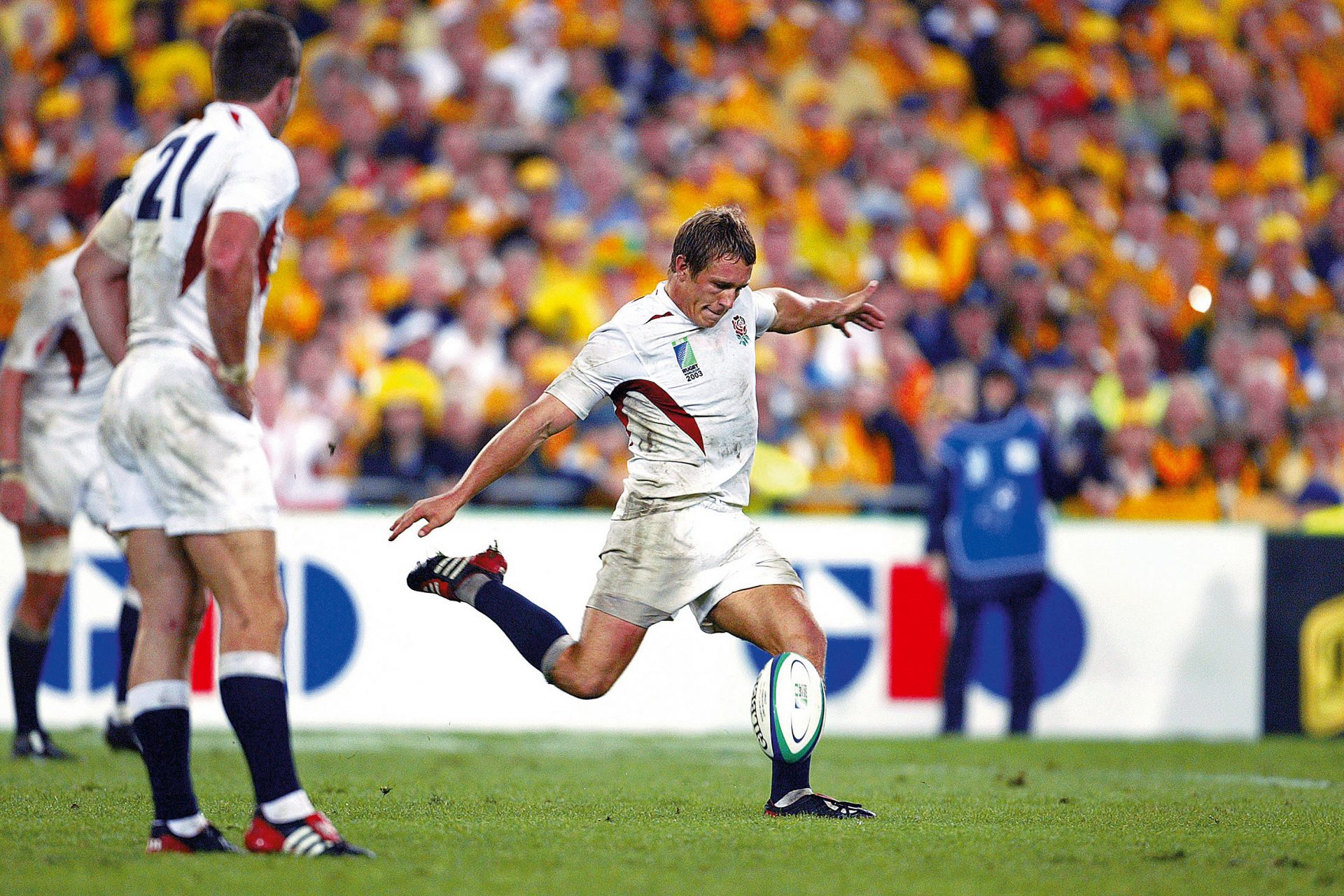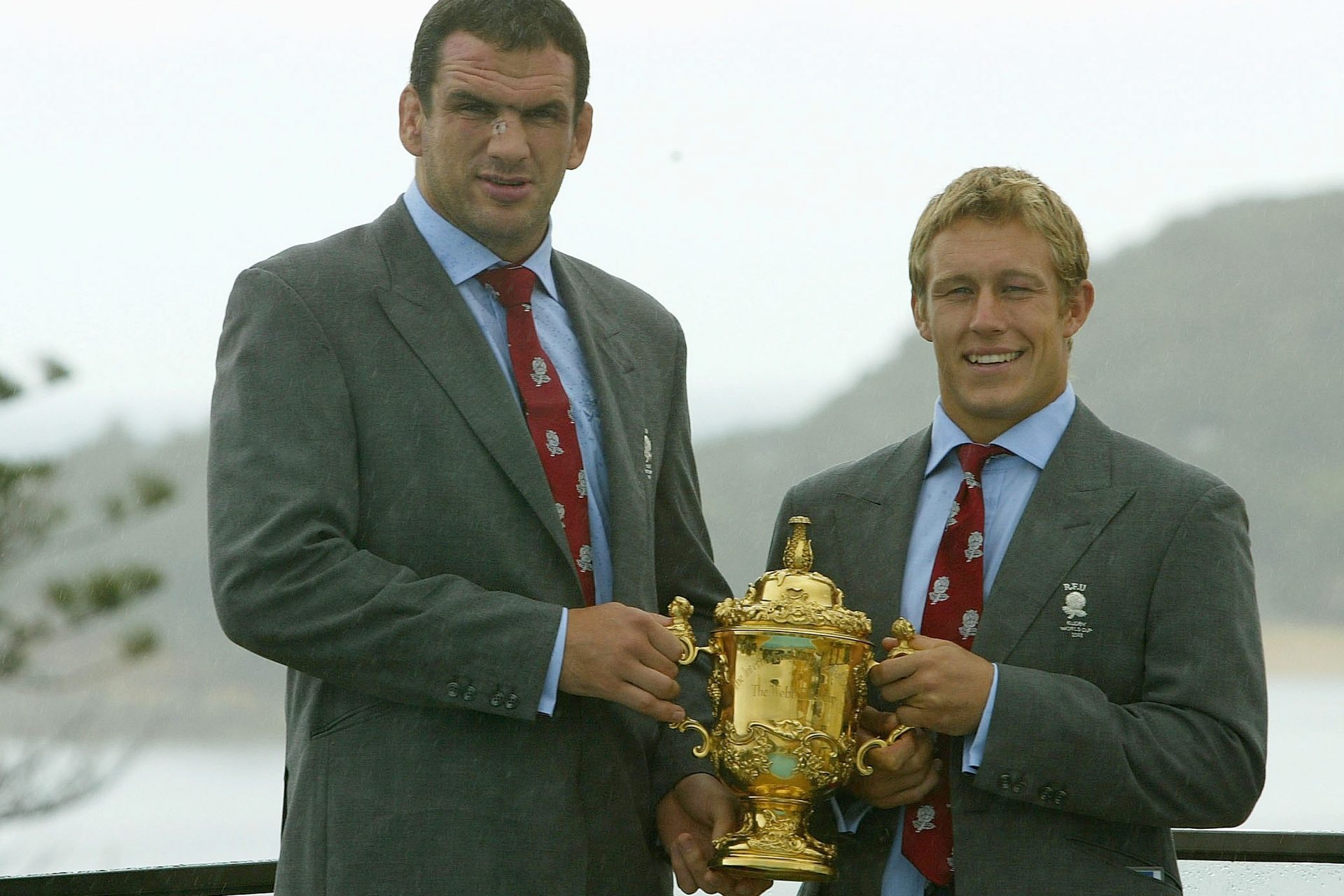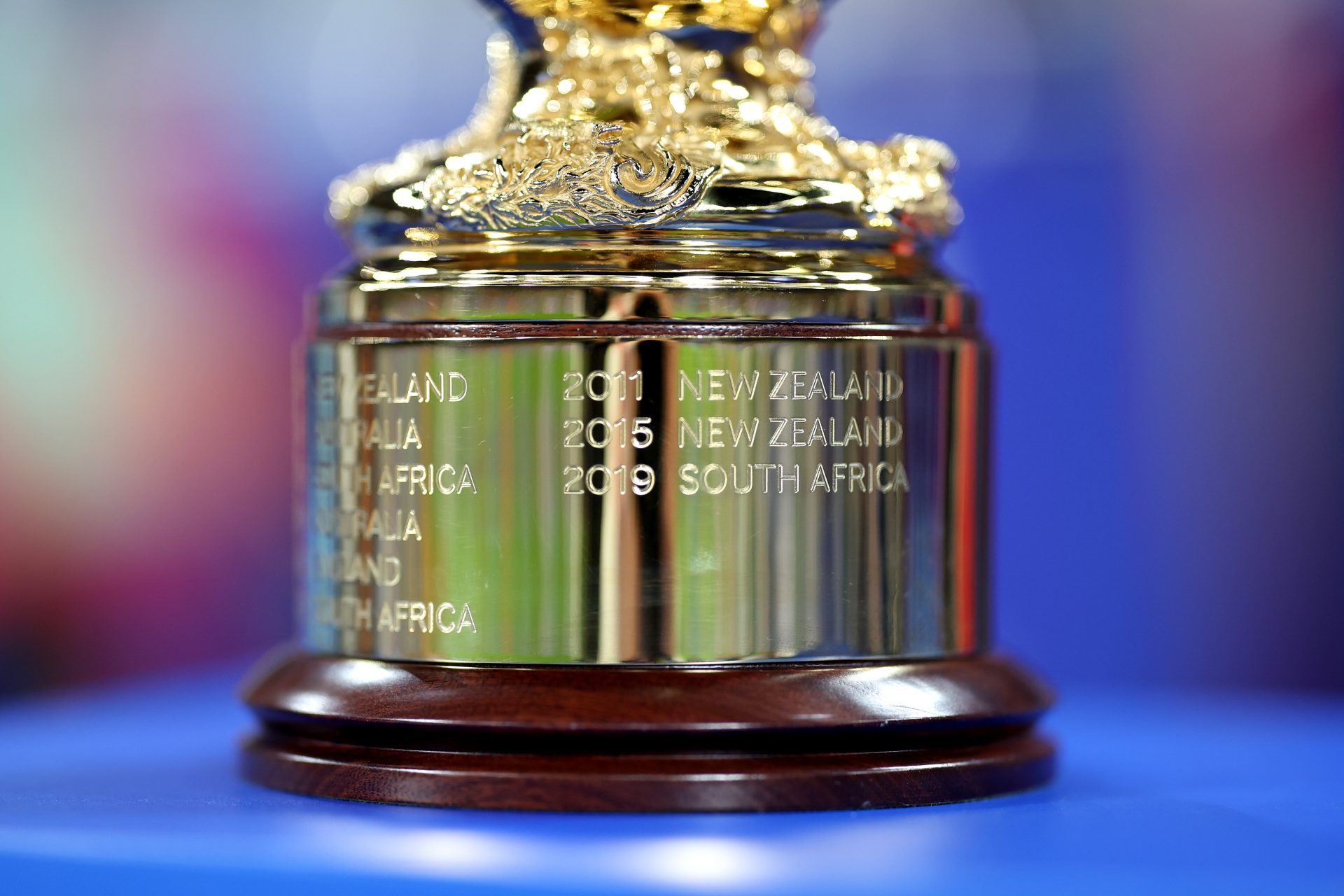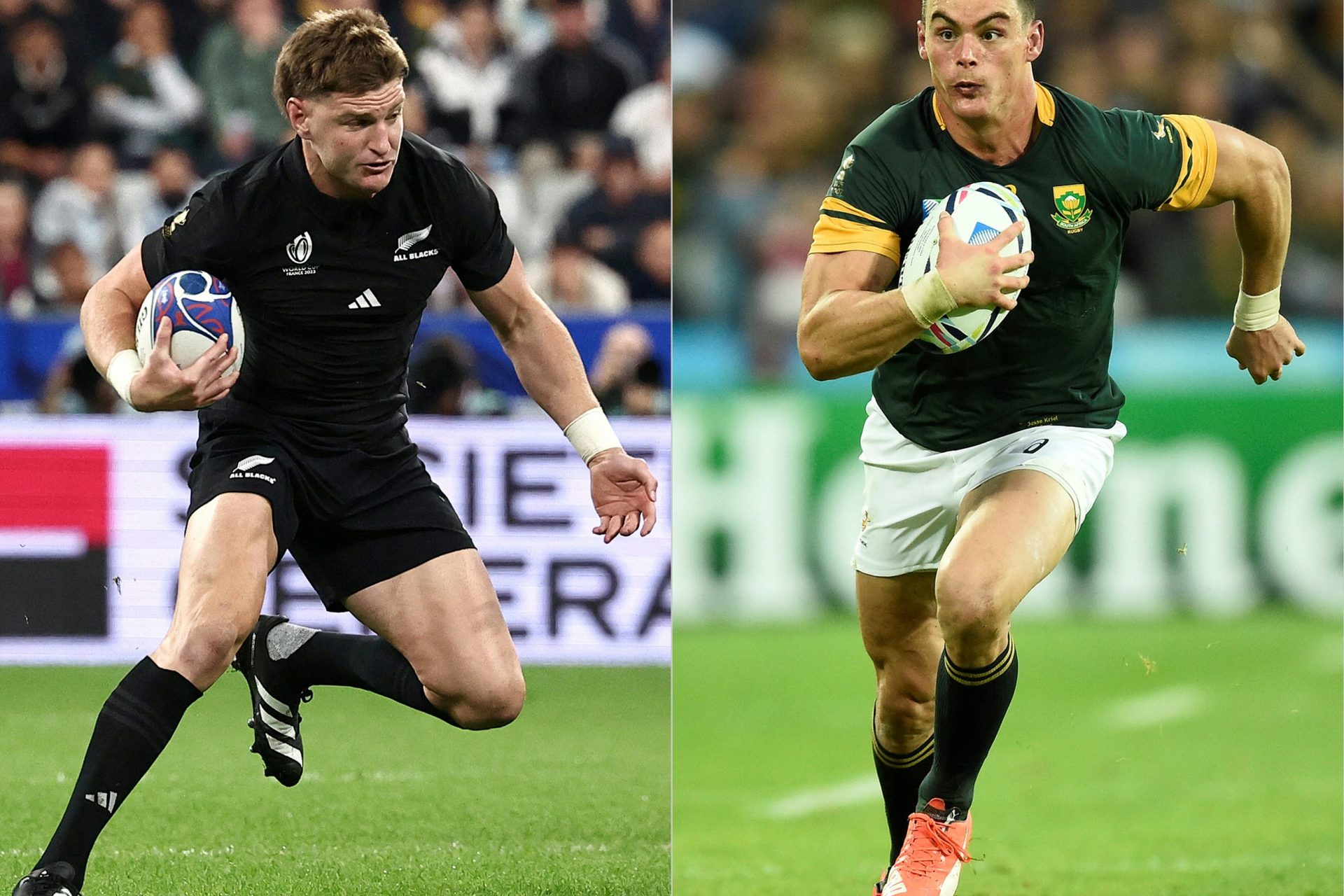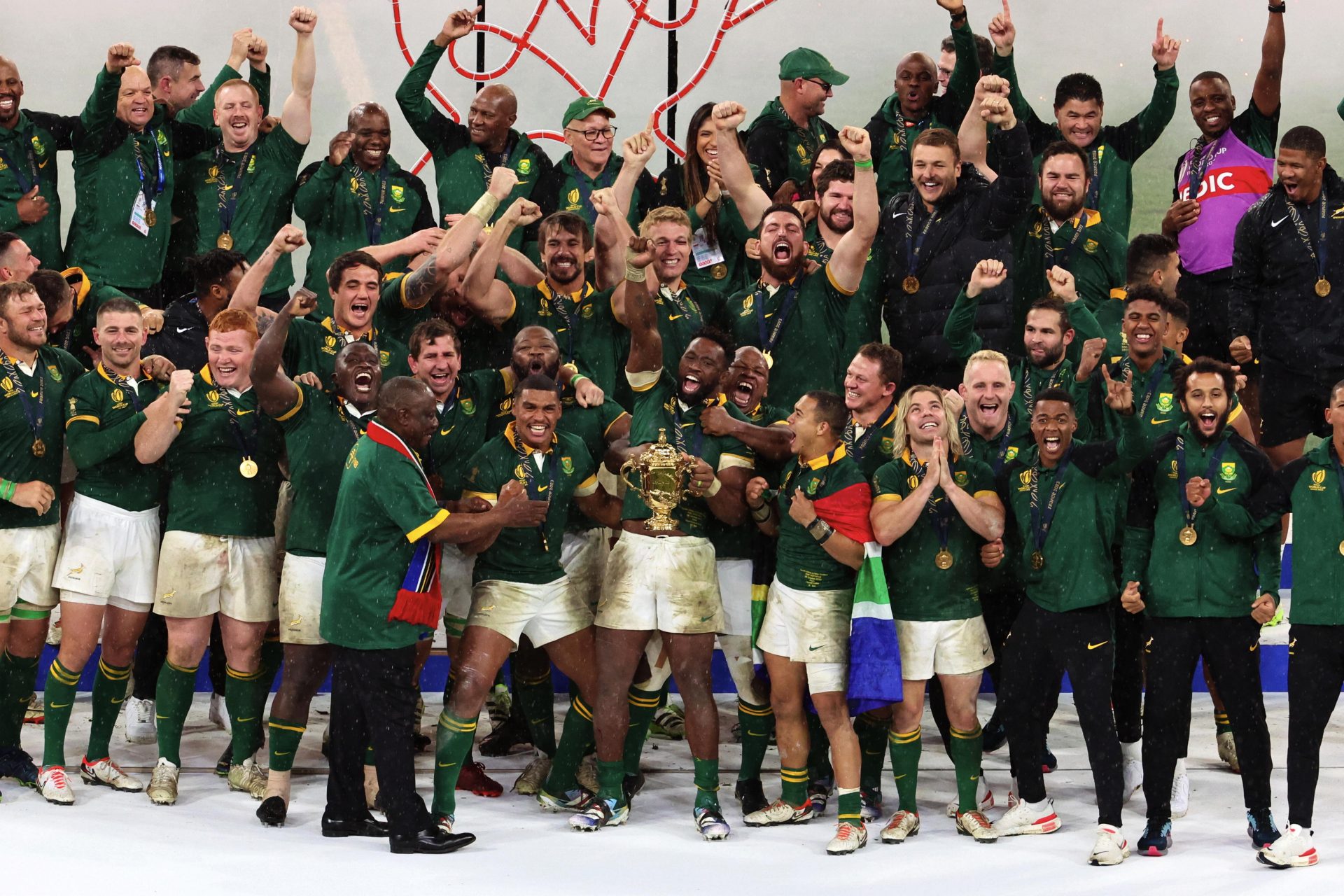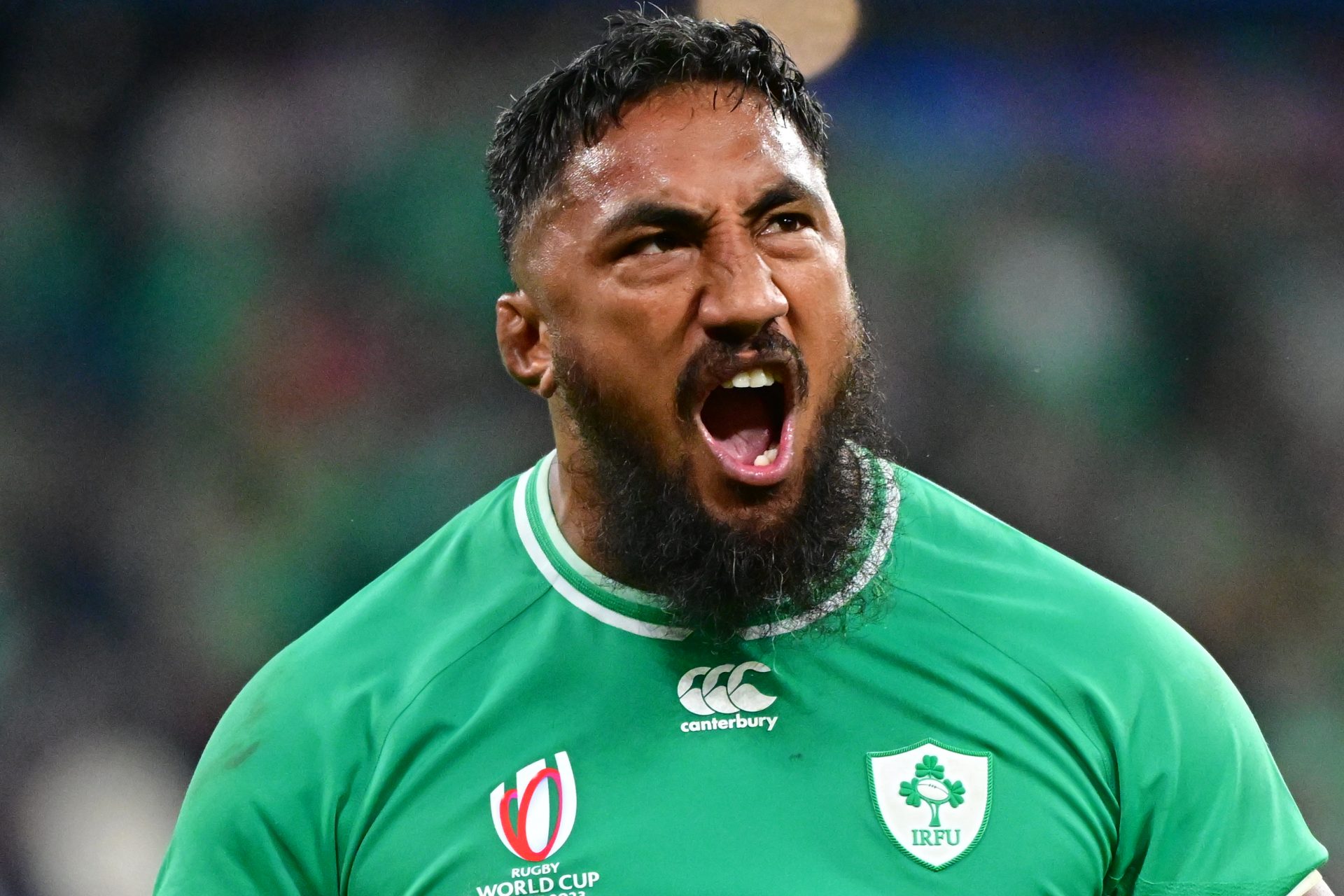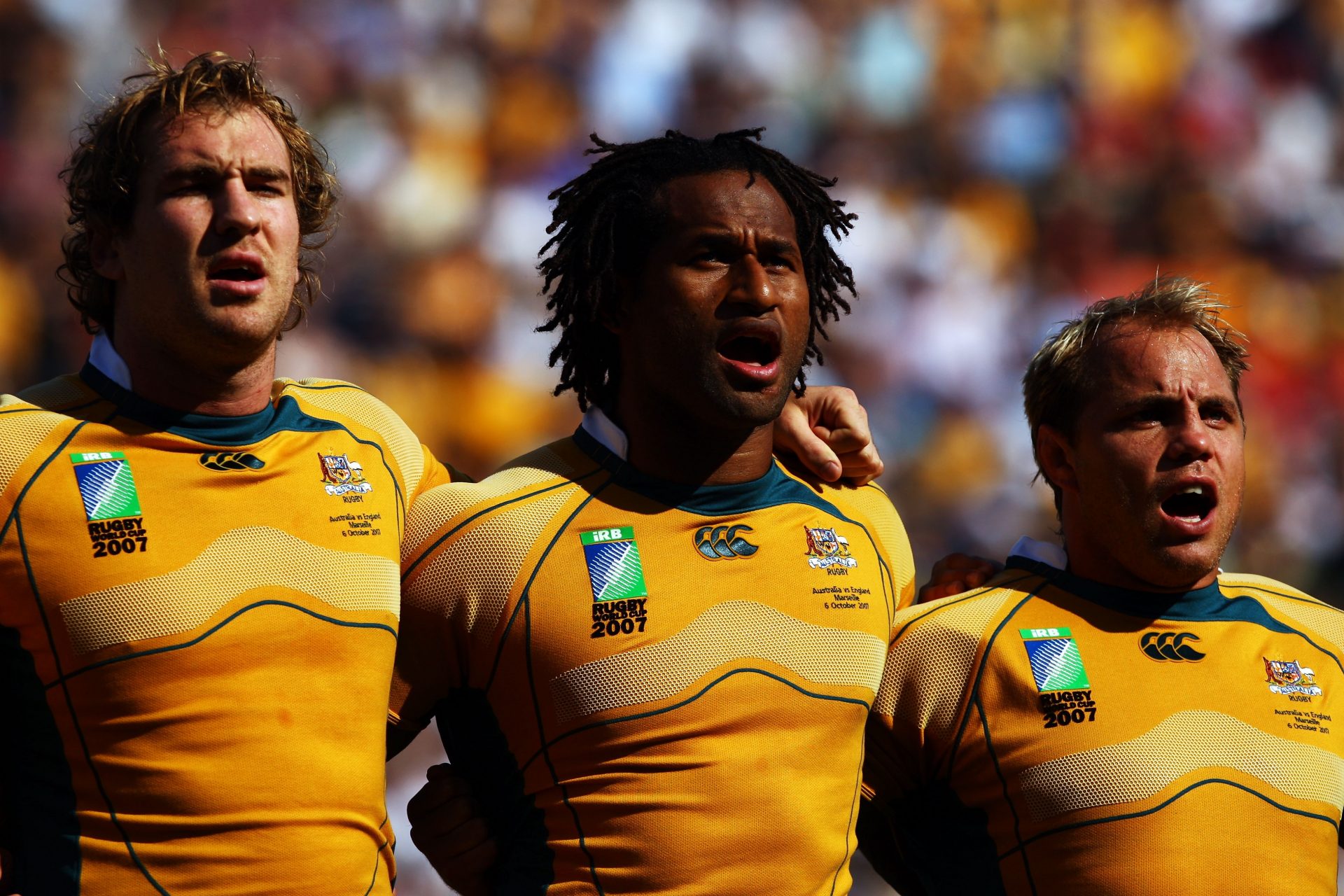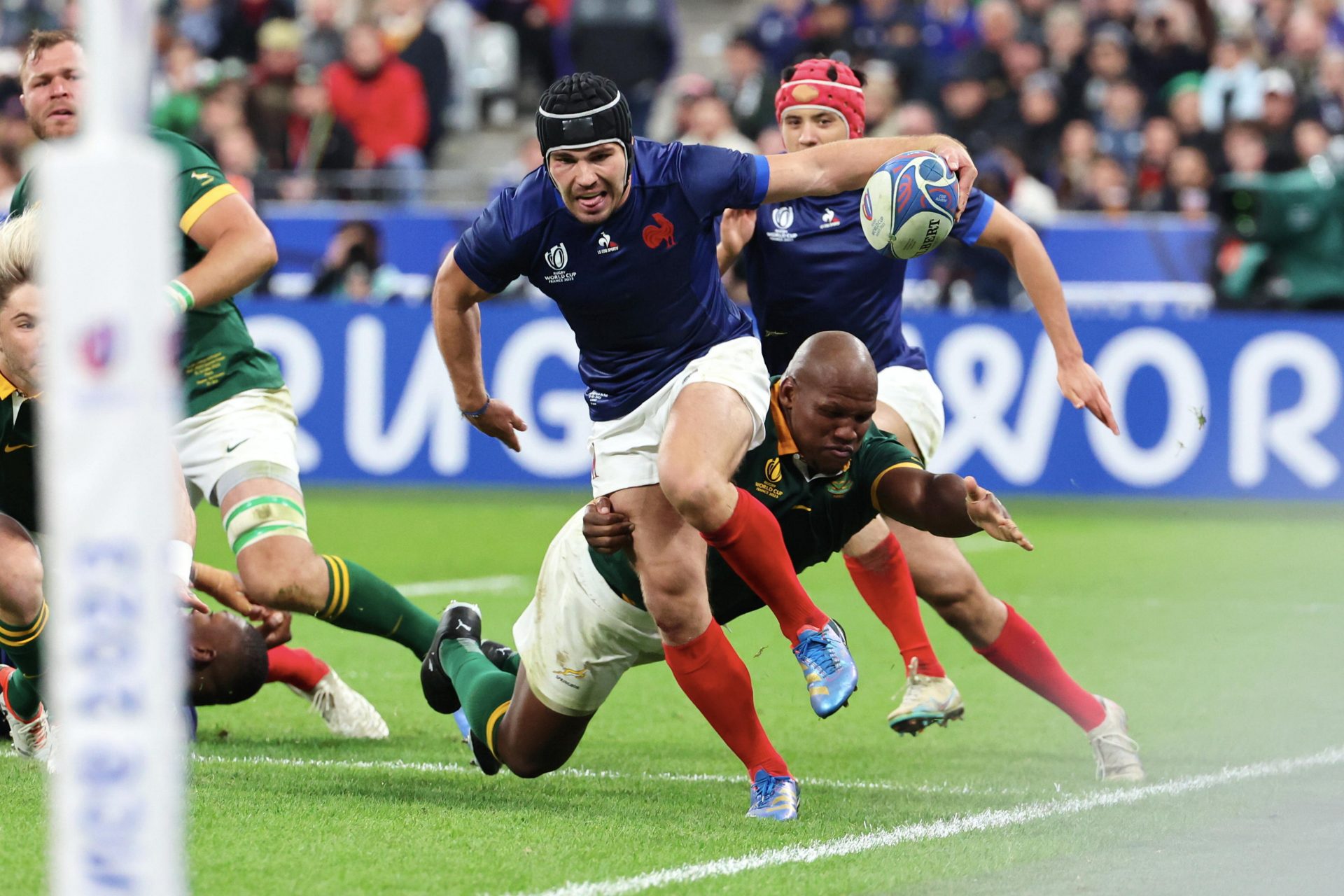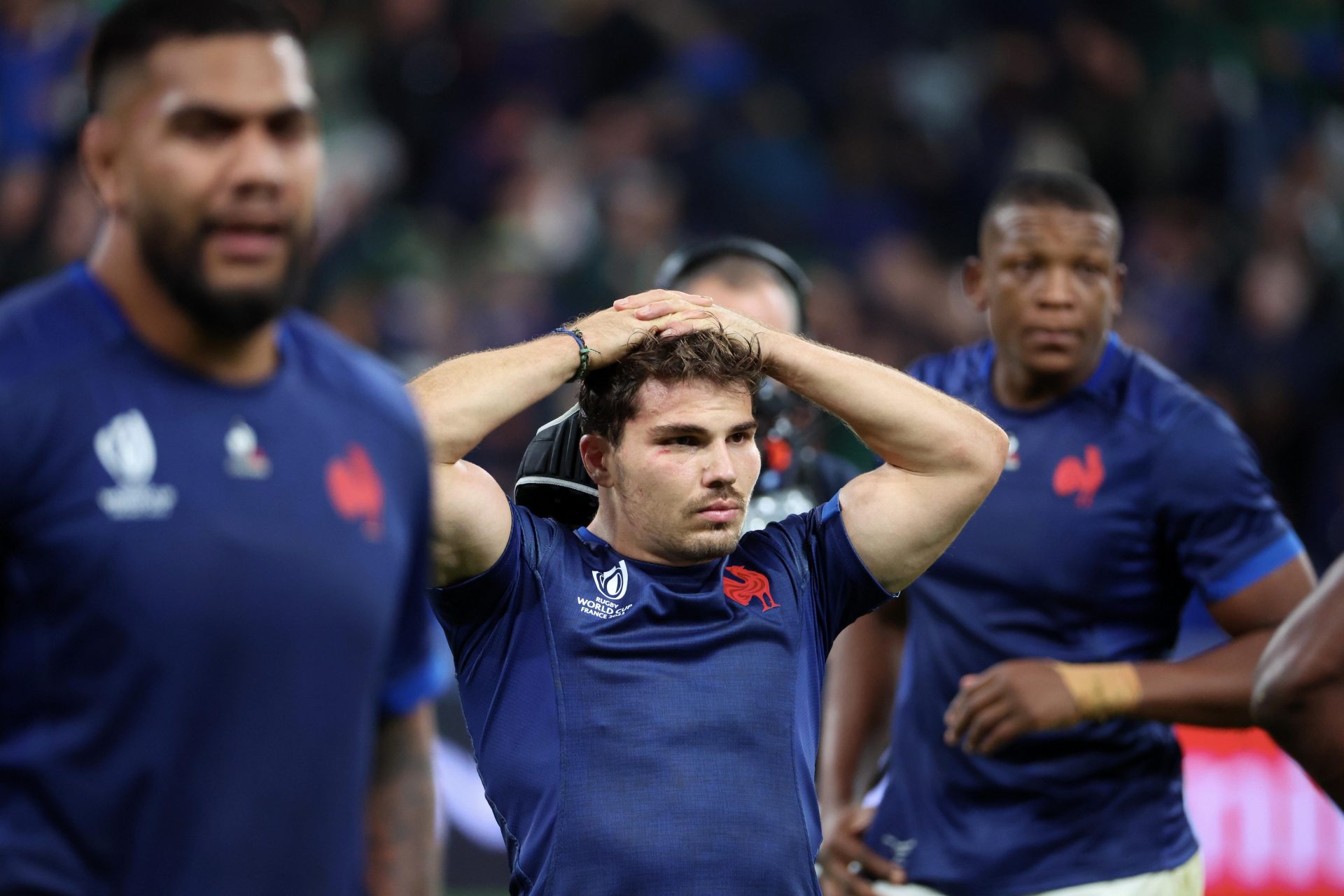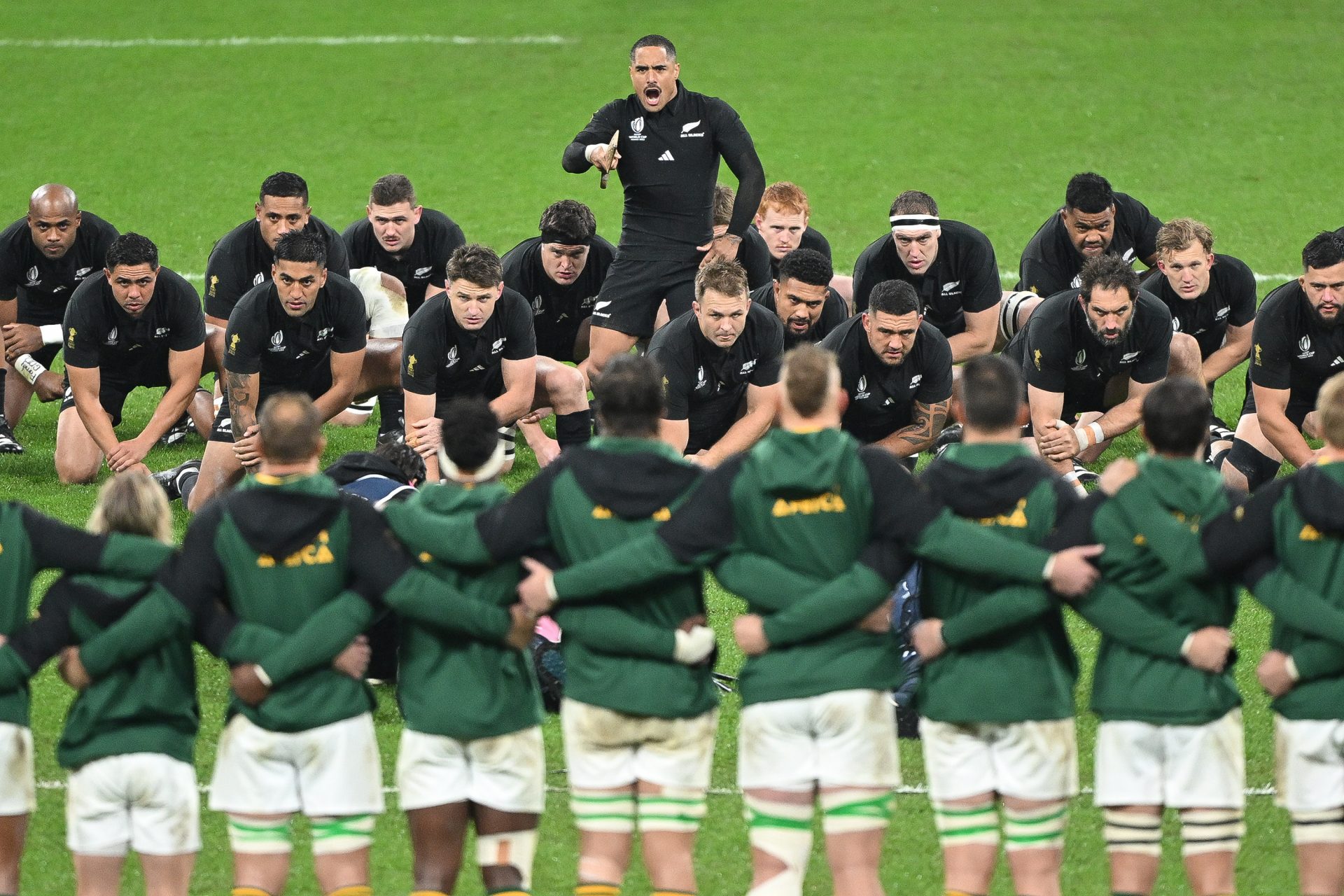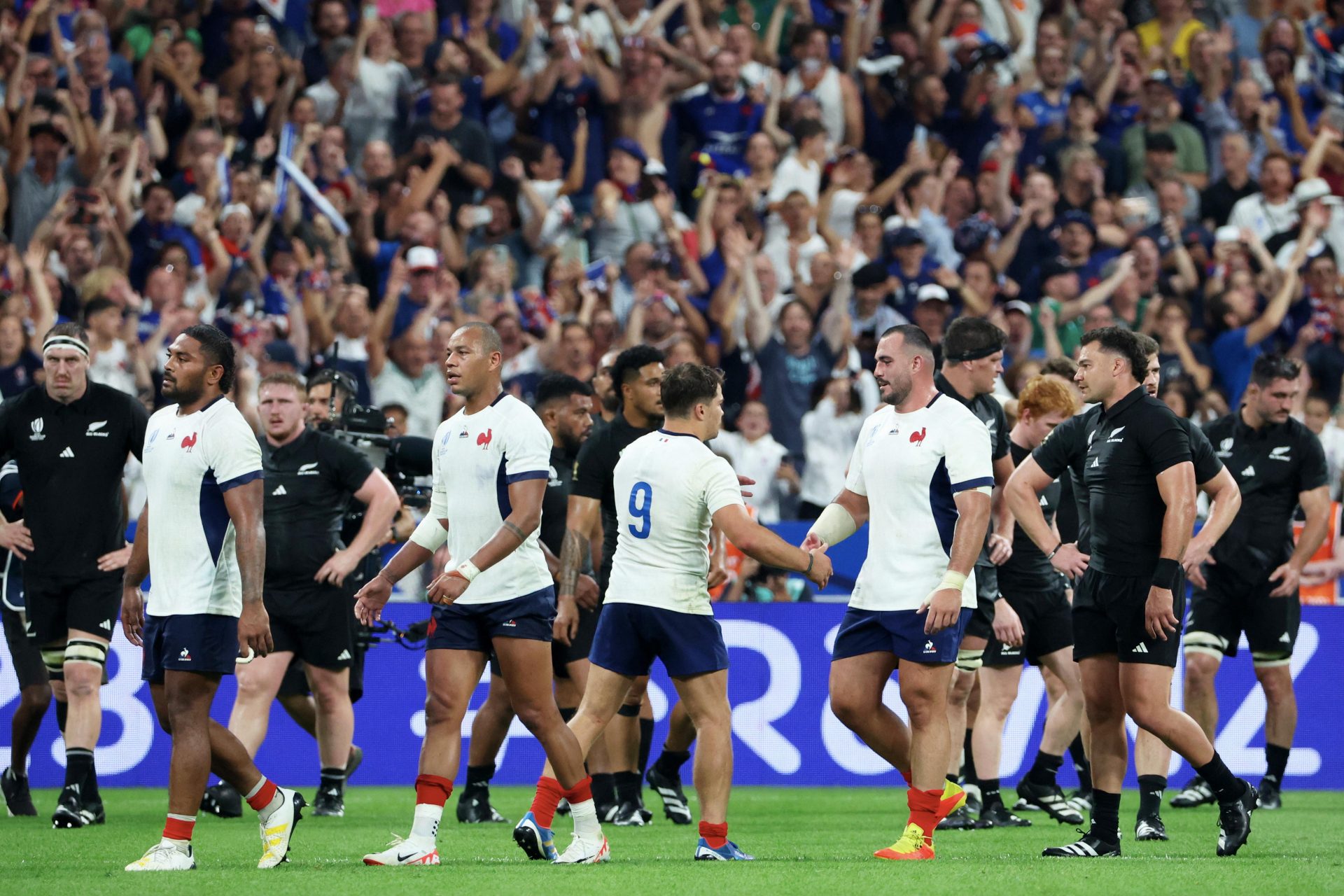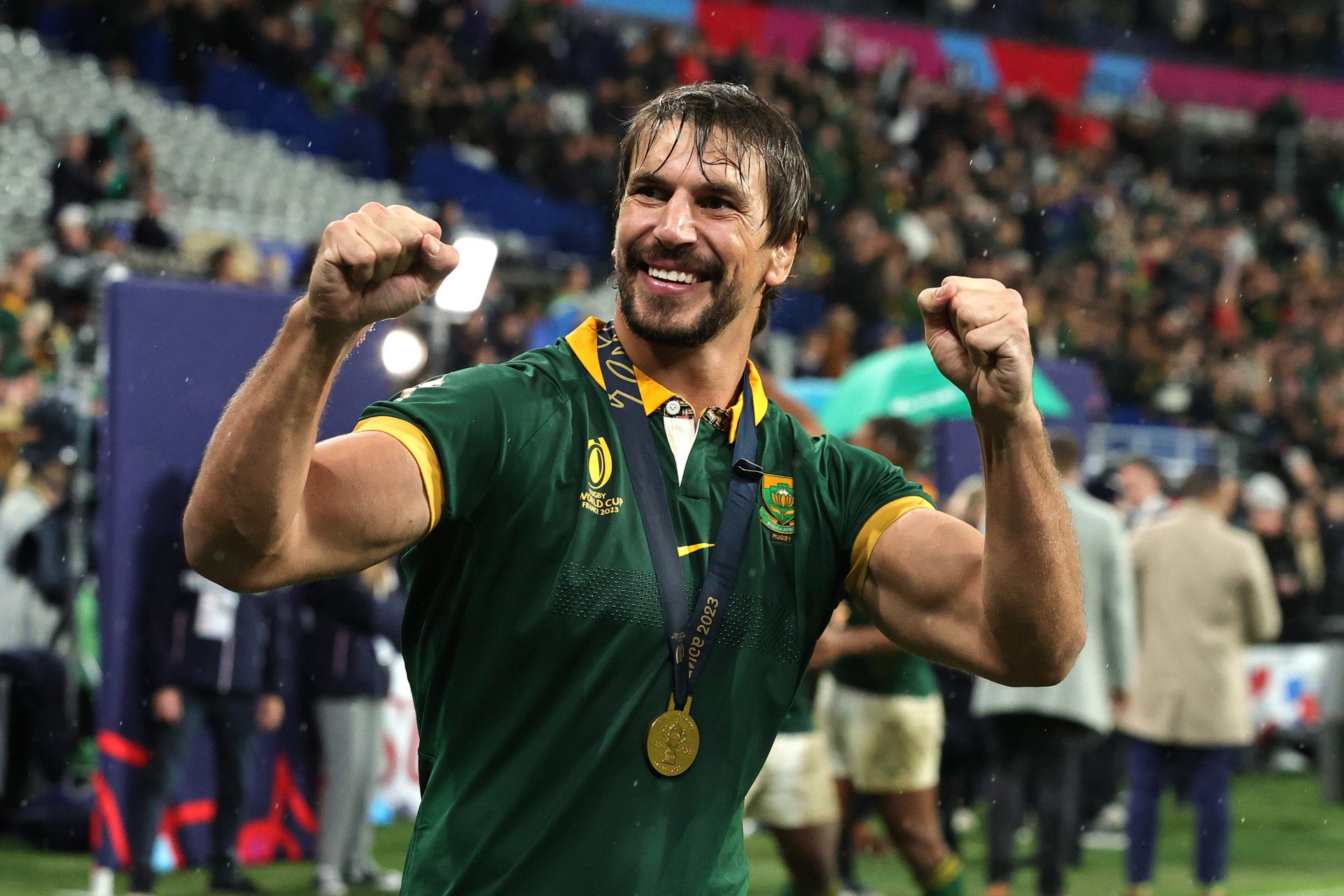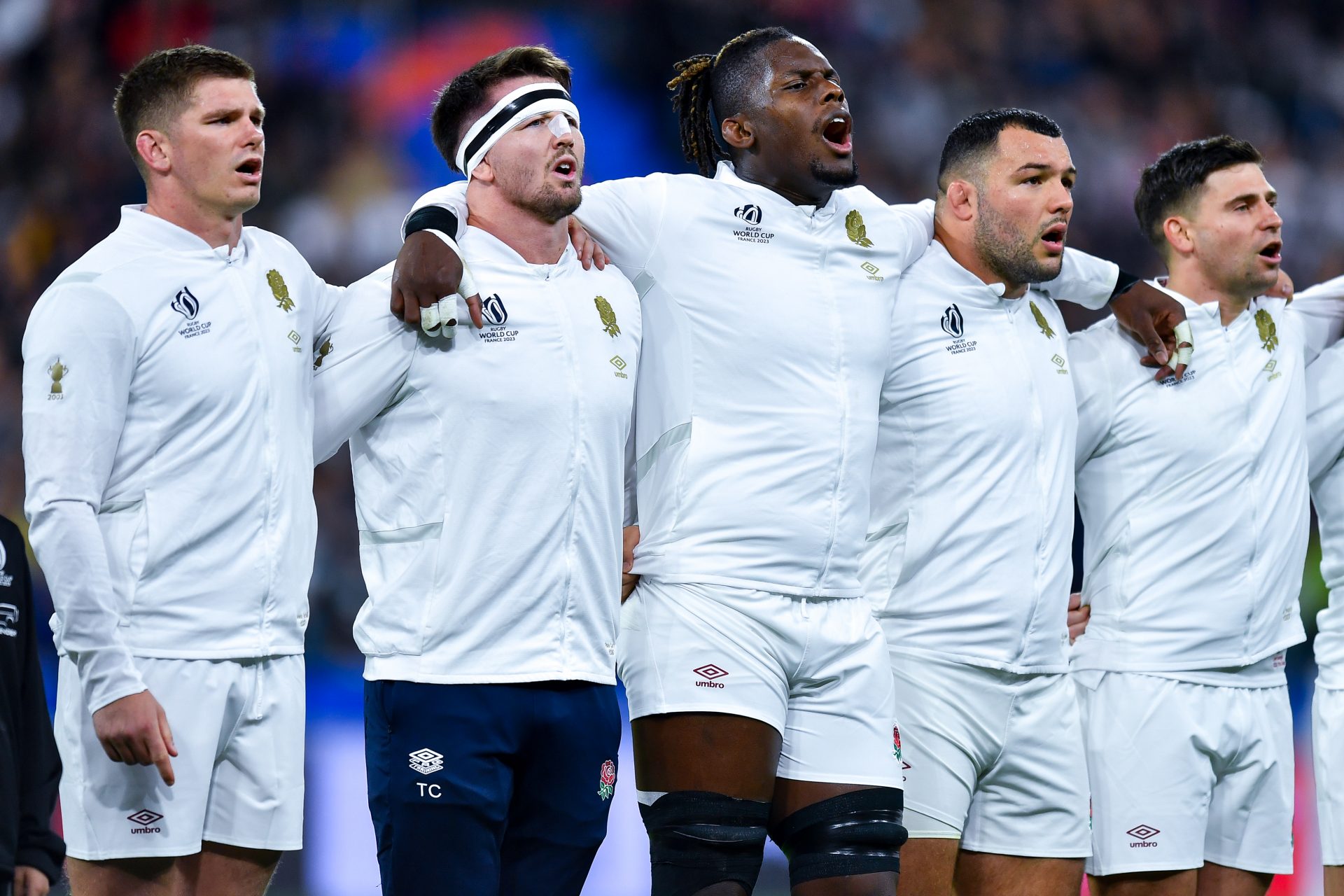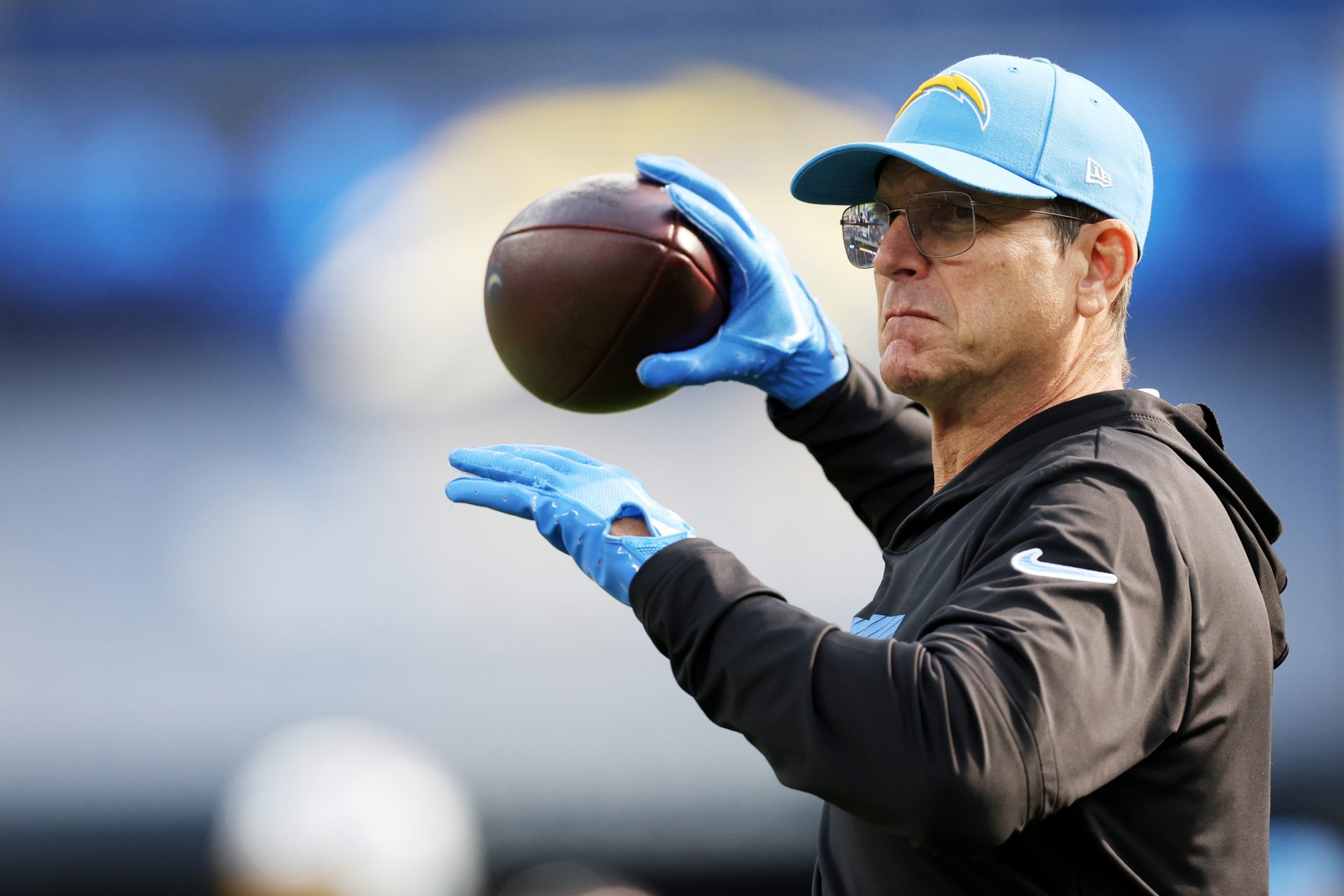20 years on from England’s World Cup success, are Northern Hemisphere sides close to winning again?
On the 22nd of November 2003, England Rugby became the first and only Northern Hemisphere team to win the World Cup, beating Australia 17-20
In a tournament dominated by South Africa, Australia, and New Zealand, Jonny Wilkinson's drop kick with 90 seconds left signaled a potential change in the sport.
Since that historic English win on Australian soil 20 years ago, the northern hemisphere teams have struggled to capitalize, failing to win any other world cups.
Since 2003, there have been five World Cup tournaments, with South Africa winning three and New Zealand winning two.
The most recent Rugby World Cup in France promised much got the Northern Hemisphere sides, however, come final time it was once again South Africa and New Zealand.
South Africa and New Zealand faced off in a cagey final this year, with the 'Springboks' winning 12-11, securing a record-breaking fourth World Cup title.
Despite another Southern Hemisphere team winning the Webb Ellis Cup, the signs showed that Northern Hemisphere teams are on the rise.
In 2007, the first World Cup after England had won, the World Cup in France looked different from the one this year, with each group being topped by a Southern Hemisphere team.
This year, each of the groups was topped by Northern Hemisphere teams, with England, Wales, Ireland, and France topping each one.
Heading into the World Cup in France, Ireland and France were the best teams in the world, with Ireland going into the tournament on a 13-game win streak and France being the hosts.
France also possesses the Rugby Player of the Year, Antoine Dupont, but for all the skill and talent, they still couldn't outdo South Africa in the knockout rounds.
With all the excellence and promise leading into tournaments, France and Ireland's World Cup records are poor, with Ireland still failing to make it past the quarterfinals and France losing three finals.
According to the Virgin Media Sport panel, they said: "I think what gives the South Africans and New Zealand a great advantage is that inter-generational knowledge of how fine the margins is in winning games."
The Southern Hemisphere may have the talent and knowledge, but South Africa and New Zealand were beaten by France and Ireland respectively, showing they can perform when it counts.
At this World Cup, statistically, South Africa had the oldest team in the tournament, with the average age of the whole squad being 30.4. Three of the top four teams are from the Southern Hemisphere, and France has the fifth youngest team.
With the experience of this World Cup and the potential retirement of South Africa's key personnel, France and other Northern Hemisphere teams will sense their time could be next in 2027.
More for you
Top Stories



